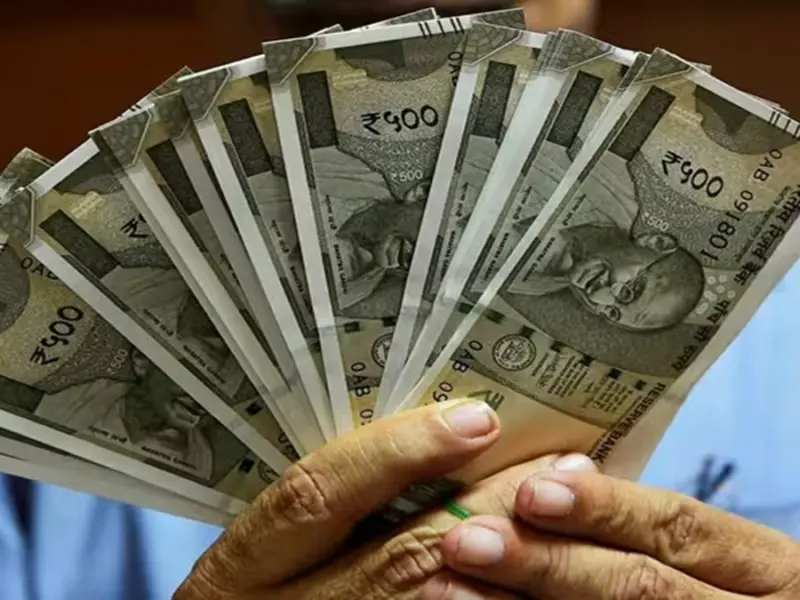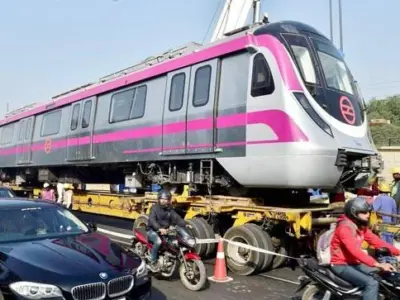The implementation of the Eastern Cross Taxiway at Delhi Airport could lead to substantial annual savings of approximately ₹150-180 crores for airlines, according to a senior official at the airport. Vidhesh Kumar Jayapuriyar, the CEO of Delhi International Airport Limited (DIAL), discussed the potential benefits in a conversation with PTI.
🌍 Environmental Impact:
- Utilizing this taxiway for 10-15% of flights could result in saving around 55,000 tons of carbon dioxide emissions annually.
- The reduced taxi time and fuel consumption during approach and departure could translate into significant cost savings for airlines, ranging from ₹150 to ₹180 crores.
🛣️ Eastern Cross Taxiway (ECT):
- The recently constructed 2.1-kilometer-long ECT accommodates wide-bodied aircraft, streamlining their movements.
- ECT connects the northern and southern airfields, providing an efficient route for incoming and outgoing flights, saving an average of seven to eight minutes.
🛫 Efficiency Boost:
- Airlines stand to benefit from reduced turnaround times and fuel efficiency, contributing to both economic and environmental sustainability.
Delhi Airport’s ECT emerges as a strategic infrastructure upgrade, aligning with environmental and operational efficiency goals.





